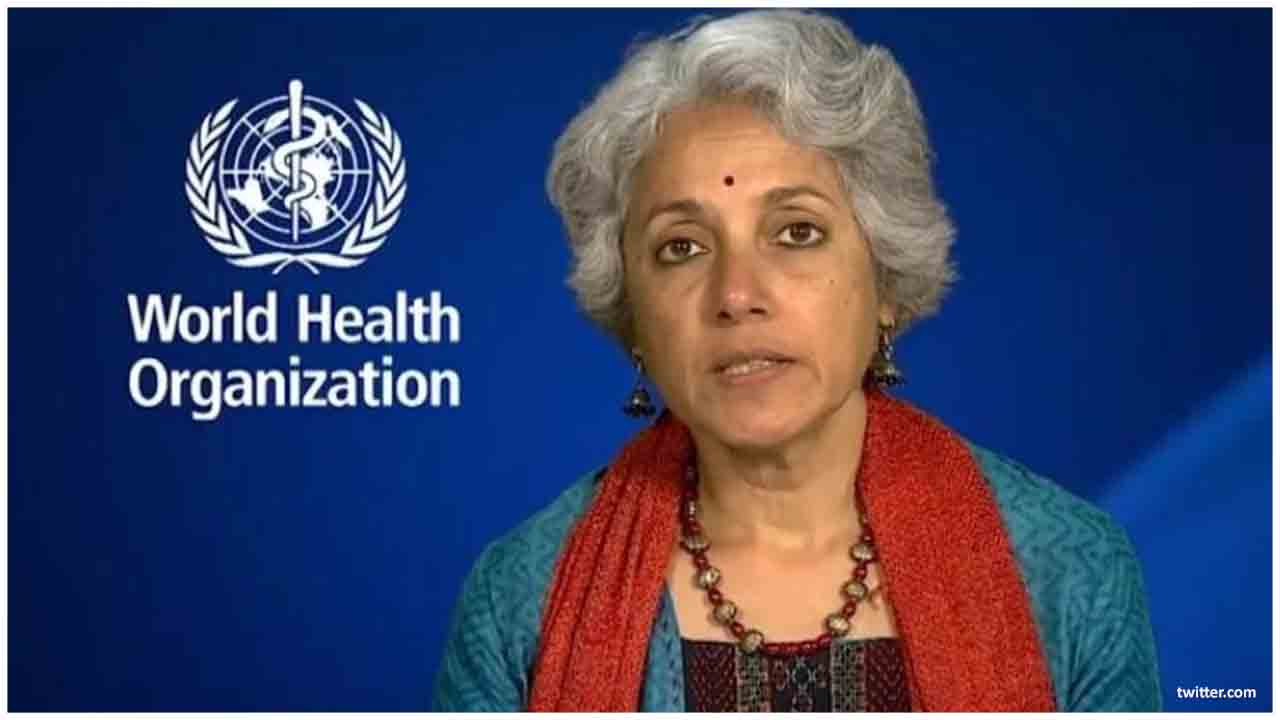Safety of a forthcoming COVID-19 vaccine comes "above all else", the World Health Organization's central researcher said on Wednesday, as a preliminary of the main up-and-comer from AstraZeneca was stopped because of worries over symptoms.
The rollout of a compelling vaccine is viewed as a critical advance in helping battered economies recoup from the Covid pandemic.
"Because we talk about speed...it doesn't mean we begin bargaining or compromising on what might typically be evaluated," Dr. Soumya Swaminathan said in an online media occasion.
"The cycle despite everything needs to finish rules of the game. For medications and vaccines which are given to individuals, you need to test their safety, above all else," she said.
WHO authorities didn't promptly react legitimately to inquiries from Reuters over the move by AstraZeneca to stop worldwide preliminaries, including huge late-stage preliminaries, of its trial Covid vaccine because of an unexplained disease in an investigation member.
The vaccine, which AstraZeneca is creating with the University of Oxford, has recently been depicted by the WHO as likely the world's driving competitor and the most exceptional regarding improvement.
The WHO is amidst gathering together help for a worldwide alliance, called the ACT Accelerator, in the expectation of decently appropriating vaccines, medicines, and diagnostics for the new Covid to rich and helpless nations the same. Notwithstanding 92 lower-salary nations looking for help, somewhere in the range of 79 wealthier nations have communicated enthusiasm, with a Sept. 18 cutoff time for restricting responsibilities.
However, a few nations that have struck their vaccine bargains, including the United States which isn't joining the WHO exertion.
The vaccine mainstay of ACT, called COVAX, would like to tie down enough vaccine to convey 2 billion dosages before the finish of 2021, however solid gathering pledges has, up until now, slacked objectives. Volume purchasing and conceivable layered evaluating offered by certain makers could help make a vaccine more reasonable, Swaminathan said.
"You have to meet up. If each nation and each association attempts to do this all alone, it will be long and hard and troublesome," she said. "This is the first occasion when the world will require vaccines in the billions of portions."

 "Just because we talk about speed...it doesn't mean we start compromising or cutting corners on what would normally be assessed," Dr. Soumya Swaminathan said.
"Just because we talk about speed...it doesn't mean we start compromising or cutting corners on what would normally be assessed," Dr. Soumya Swaminathan said.





.jpeg)

.jpeg)
.jpeg)
.jpeg)
.jpeg)
.jpeg)
.jpeg)
.jpeg)






.jpeg)

.jpeg)
.jpeg)







.jpg)

